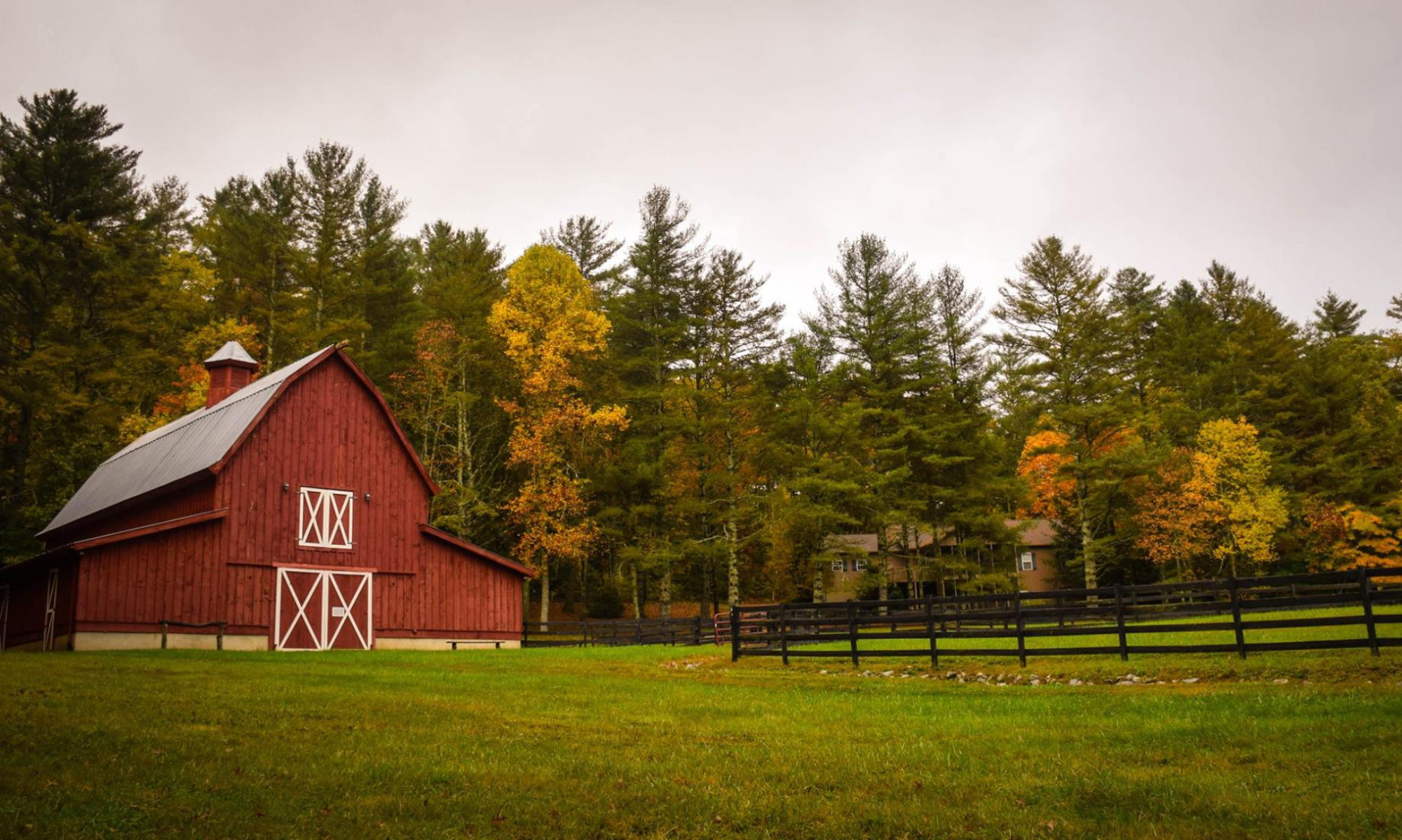I’ve been running across a number of stories lately about the wasting of traditional rural communities. This one in particular caught my eye — probably because of the striking black and white photos.
Someday they’ll all be gone.
Fleeting glances into the past, they’re reminders of all that we once were and will never be again.
Stately barns and sturdy homesteads were once the hallmarks of our growing country, paying rugged homage to a life measured by the grit on one’s hands.
Now these structures — and that life — are crumbling away. […]
As the farmer goes, so go the house and barn. Buildings fade from the landscape when family farms are sold to large concerns, rendering the old wooden stalwarts as essential as horse-drawn plows.
Some of these bucolic beacons still exist, however, dotting the hills and valleys of our state with their weathered beauty. […]
The Dunford barn, on Highway 97 northwest of Ellensburg, also exudes a majestic air, posing in front of the gently rising foothills of the Stuart range.
Still used occasionally for hay, the barn has survived in three different centuries since being built in the late 1800s. […]
All that’s left of the town of 400 is its hollowed-out high school and a pump house.
Technically now a historic ruin, the high school was an architectural showplace when built in 1916. […]
In Black Rock country around Moxee, a vestige of the Meeboer homestead appears like an aging ancestor of early America. Belying its once functional form, the skeletal remains sit along what’s now Highway 24. […]
As America ages, fewer and fewer of these pioneer structures will remain to remind us of our rustic roots.
With more shingles dropping from roofs each year and boards rotting, the days of grandeur for old barns and homesteads are on the decline.
“People just don’t need these barns so much anymore,” he concludes. “Some are going to rot to the ground pretty soon.”
And with them will go a piece of our pastoral past, an aging whisper in history.





